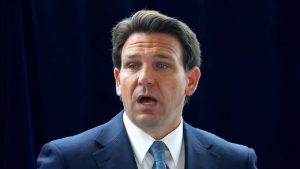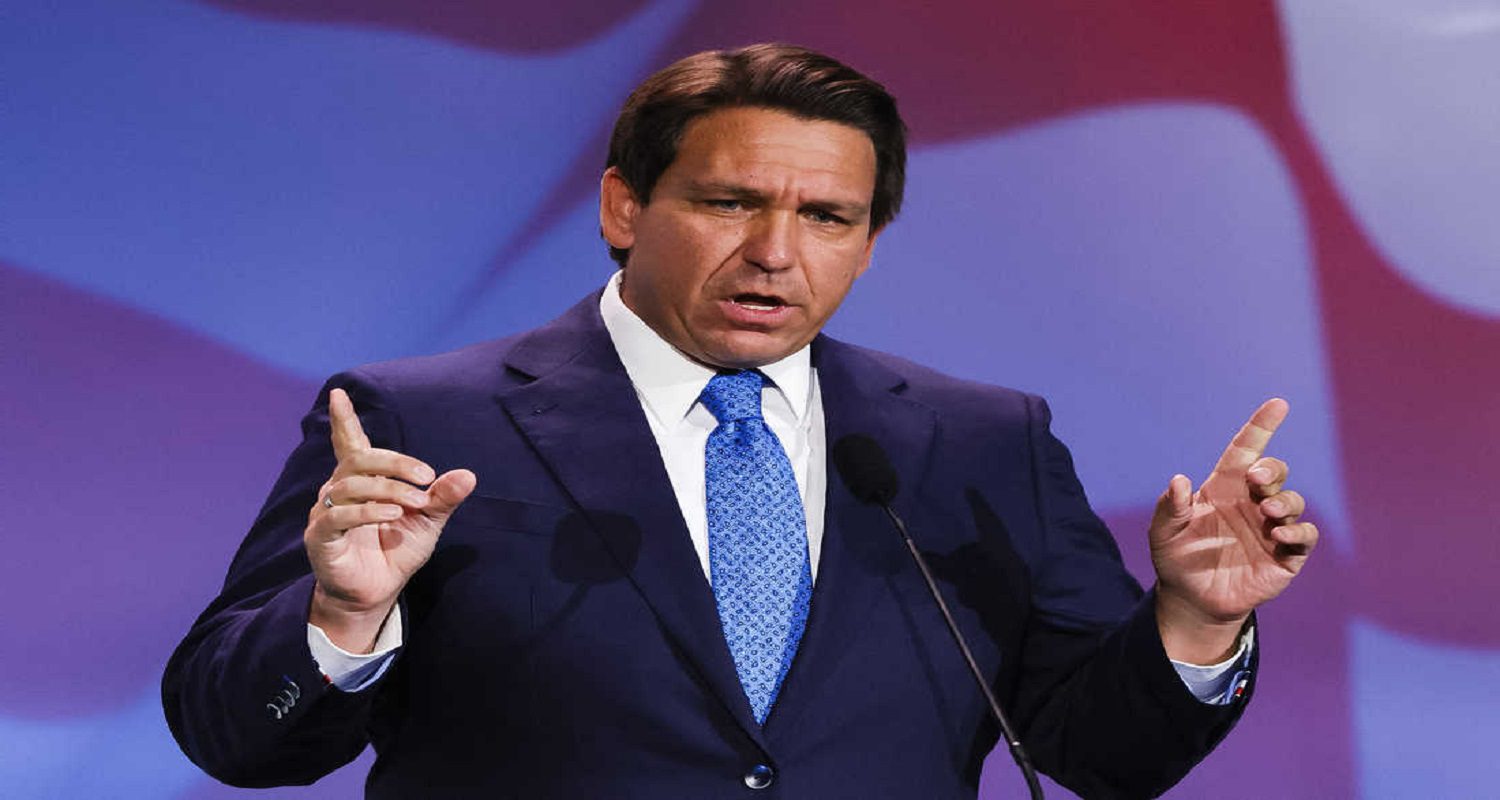Legal clash with Governor DeSantis: In their ongoing court battle, Disney said “no” to Florida Governor Ron DeSantis’s request for protection. The big media company didn’t hold back, and they criticized the governor and presidential candidate for trying to avoid taking blame for what he did.
In April, Disney filed a lawsuit against Florida Governor Ron DeSantis in a court in that state. But the bigger problem started when Disney spoke out against the Parental Rights in Education Act, which people call “Don’t Say Gay.” This law makes it harder for schools to talk about sexual preference and gender identity.
The governor tried to keep himself out of trouble by saying that he shouldn’t be blamed for making and following laws that punish people for saying things that are against the rules of the state. The lawyers for Disney quickly replied that DeSantis and his Republican friends had done things to hurt them out of spite. This meant that the governor took charge of the Reedy Creek Improvement Area, which was a special taxing area for Disney.
The Central Florida Tourism Oversight District, which is now called something else, has a lot of affects in the area. The governor now runs the new board, which is dealing with legal costs connected to the Disney dispute and other costs related to getting started. As things get worse, Chairman Martin Garcia thinks that paying off-duty police officers to only guard Disney properties is a waste of money.
The board and Meredith Ivey, who is acting Secretary of the Department of Economic Opportunity, have sued Disney in state court. This gives them a new way to fight with each other.


READ MORE: Hunter Biden and Donald Trump: 2024 Campaign Defined Indictments
All over the country, people were very upset about the “Don’t Say Gay” bill. By signing a message from the Human Rights Campaign, more than 150 big companies, like Disney, said they didn’t like it. When workers went on strike, the former CEO of Disney, Bob Chapek, stopped giving money to Florida officials and promised to try to change the law.
When Disney sued Governor DeSantis in April, the fight got worse. People said he was abusing his power when he took away the company’s right to run its Orlando entertainment parks. The company said that the governor punished them because they spoke out against the “Don’t Say Gay” bill.
Lawyers for DeSantis say that he and his team didn’t do what they did to get back at anyone. Instead, they say, they did what they did to make things fair for the special taxing district. They wanted to get rid of the unprecedented corporate power. They say that the governor is protected by the law and can’t be sued.
But Disney strongly disagrees with this claim and sees the situation as a chance to ask if the governor and the state can be held accountable for going against important constitutional rights.
Now, the fight will come down to basic questions about standing under Article III, sovereign immunity, and congressional immunity. Both sides are getting ready for a long legal fight that could have big effects.
Our Reader’s Queries
Is Ron DeSantis a millionaire?
With a book deal that brought in about $300,000 in 2021, the Florida governor’s wealth soared to over $1.5 million by the end of the year. DeSantis has the most straightforward financial situation among all potential presidential candidates, making him stand out in the race for the presidency.
DeSantis continues to flex his authority by suspending yet another elected official, the state attorney being his latest target. His office reports that a total of 23 elected officials have faced suspension by DeSantis since 2019.
Is Ron DeSantis a lawyer?
Ronald Dion DeSantis, born on September 14, 1978, is an American politician and attorney who has been the governor of Florida since 2019. He’s a member of the Republican Party and previously served as a congressman for Florida’s 6th congressional district from 2013 to 2018.
How tall is Ron DeSantis really?
What is the height of Ron DeSantis? The governor’s claimed height ranges from 5-foot-8 to 5-foot-11. Studies have indicated that voters tend to favor taller presidents, like Abe Lincoln (6-4), Thomas Jefferson (6-2½), Ronald Reagan (6-1), and Donald Trump (6-2 or 6-3).

